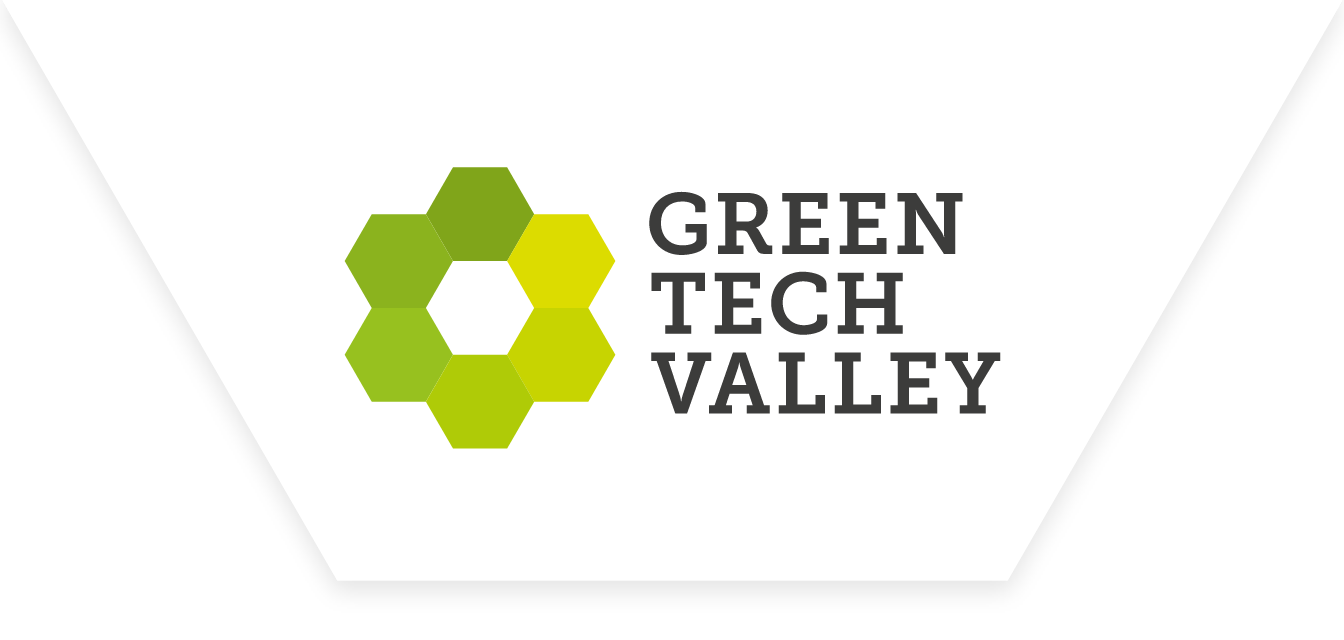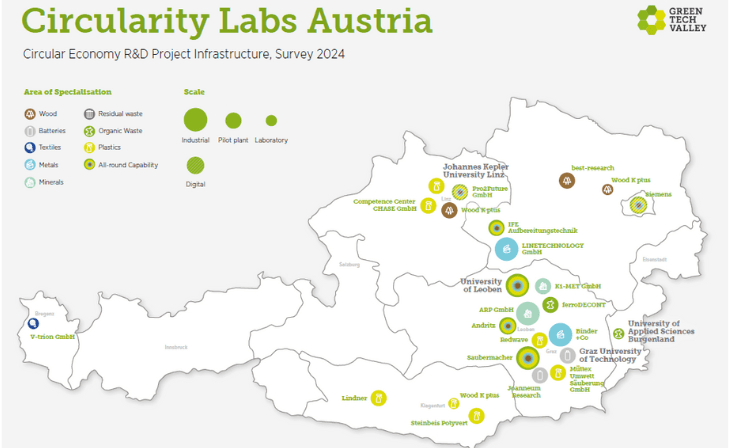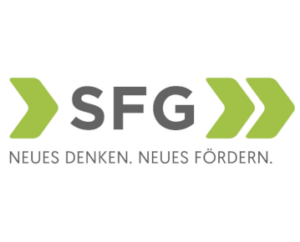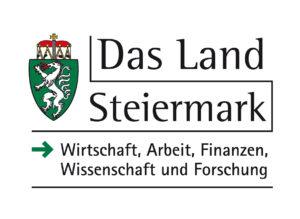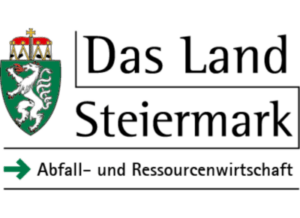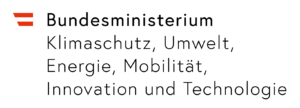In future, we will need closed material cycles instead of the current supply chains with waste at the end. This is particularly important for Europe, which has few raw materials. How current waste can be turned into new recycled raw materials must be tested on a laboratory and industrial scale. Austria is an international hotspot in this respect – as can be seen from the first survey conducted by the Green Tech Valley Cluster in cooperation with the BMK and the University of Leoben (MUL): 25 such practical laboratories along 8 material flows were identified in the hot-off-the-press “Circularity Labs Austria” – probably one of the largest numbers in Europe in such a small geographical area.
Europe’s recycling university as an anchor point
As one of the leading “recycling universities” in Europe, the MUL is the linchpin. The majority of the laboratories are less than 100 km away. “With an above-average density of practical research laboratories for the circular economy, Austria stands out in Europe,” emphasizes Roland Pomberger, Head of the Chair of Waste Processing Technology and Waste Management at the University of Leoben, this ‘concentration that is probably unique in Europe’. The large laboratories on an industrial scale are concentrated in Styria, be it Andritz, Saubermacher and MUL with the Digital Waste Research Center for many materials, Binder+Co for metals or ARP for minerals. The technical centers for plastics recycling can be found in Carinthia with SteinBeis Polyvert and Lindner, as well as CHASE and JKU in Upper Austria.
Practical research for the circular economy of the future
Most of the laboratories are operated by companies and are open to cooperation, such as Linetechnology for metals, V-trion in Vorarlberg for textiles, Redwave for plastics or BEST-Research for wood. “National and international customers can access these laboratories and benefit from the combined expertise and industrial scale of the facilities. This unique ecosystem supports them in obtaining new raw materials – be it plastics, metals, minerals, batteries or bio-based materials – in practical trials with their existing waste. In this way, companies worldwide can gradually close material cycles,” explains Bernhard Puttinger, Managing Director of Green Tech Valley: ”This first-time compilation takes into account practical, comprehensive and cooperative research facilities.”
Download: Map Circularity Labs Austria EN
